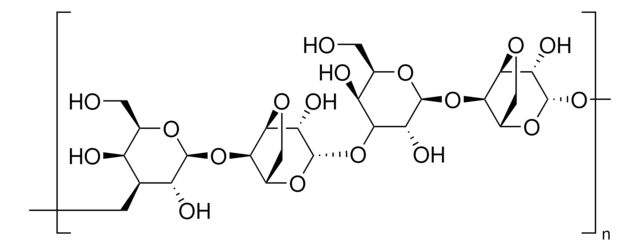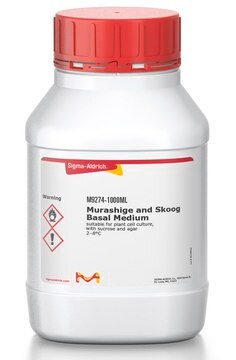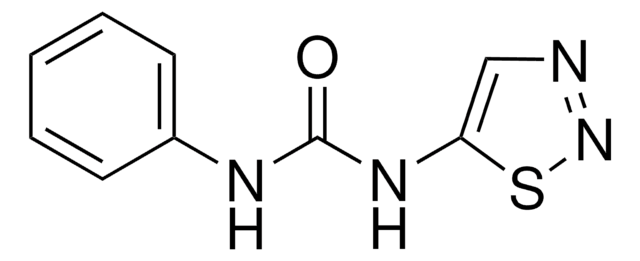A4675
Gélose
Type E, suitable for plant cell culture
Synonyme(s) :
Agar, Agar-agar
About This Item
Produits recommandés
Source biologique
algae (Rhodophyceae)
Type
Type E
Forme
powder
Technique(s)
cell culture | plant: suitable
Température de transition
transition temp 32-38 °C (1.5%)
Application(s)
agriculture
Température de stockage
room temp
InChI
1S/C14H24O9/c1-5-8(16)13-11(7(21-5)4-20-13)23-14-10(18)12(19-2)9(17)6(3-15)22-14/h5-18H,3-4H2,1-2H3/t5?,6-,7?,8-,9+,10-,11?,12+,13+,14?/m1/s1
Clé InChI
GYYDPBCUIJTIBM-DYOGSRDZSA-N
Vous recherchez des produits similaires ? Visite Guide de comparaison des produits
Description générale
Application
- Plant cell culture studies.
- As medium supplement for the growth of wild-type Arabidopsis thaliana (ecotype Columbia) and transgenic seeds.
- For the solidification of culture medium of cork oak somatic embryos.
- to examine its effect on metal(loid) sensitivity of the Arabidopsis thaliana metal-hypersensitive mutants
Code de la classe de stockage
11 - Combustible Solids
Classe de danger pour l'eau (WGK)
WGK 1
Point d'éclair (°F)
Not applicable
Point d'éclair (°C)
Not applicable
Équipement de protection individuelle
Eyeshields, Gloves, type N95 (US)
Certificats d'analyse (COA)
Recherchez un Certificats d'analyse (COA) en saisissant le numéro de lot du produit. Les numéros de lot figurent sur l'étiquette du produit après les mots "Lot" ou "Batch".
Déjà en possession de ce produit ?
Retrouvez la documentation relative aux produits que vous avez récemment achetés dans la Bibliothèque de documents.
Les clients ont également consulté
Notre équipe de scientifiques dispose d'une expérience dans tous les secteurs de la recherche, notamment en sciences de la vie, science des matériaux, synthèse chimique, chromatographie, analyse et dans de nombreux autres domaines..
Contacter notre Service technique





